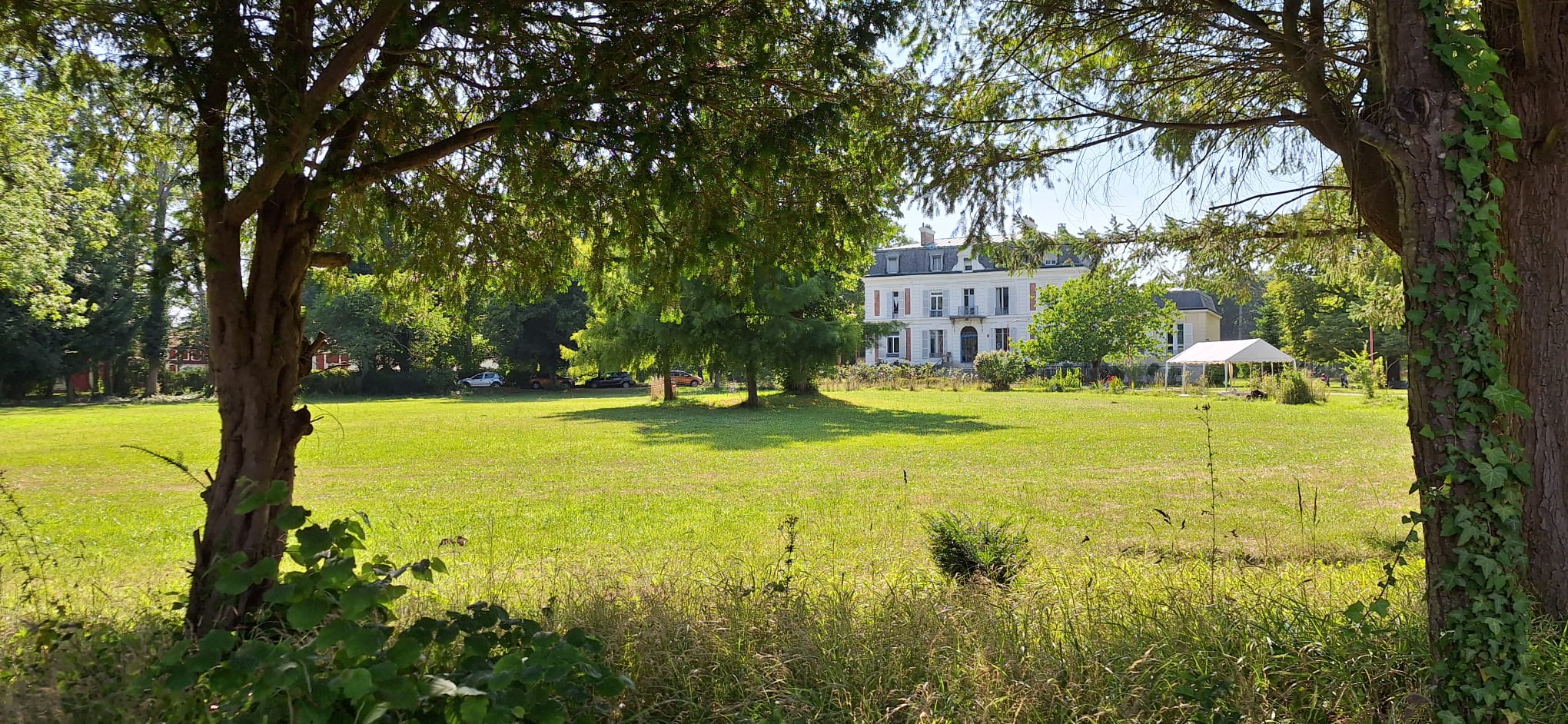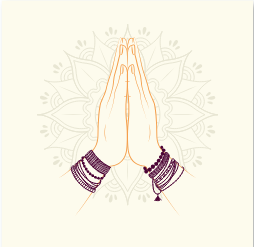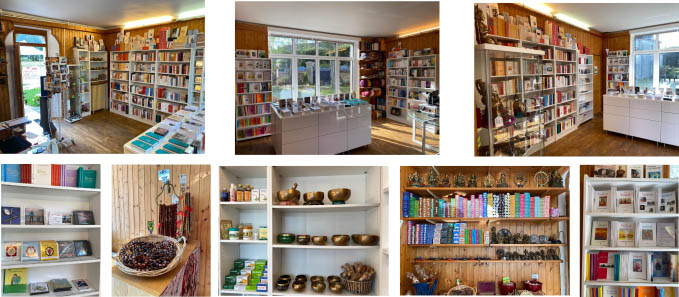Monday: 9:00 a.m. – 11:00 a.m.
Tuesday: Closed
Wednesday: 4:00 p.m. – 7:30 p.m.
Thursday: 4:00 p.m. – 7:30 p.m.
Friday: 4:00 p.m. – 7:30 p.m.
Saturday: 12:00 p.m. – 2:00 p.m. and 4:30 p.m. – 7:30 p.m.
Sunday: 9:00 a.m. – 11:00 a.m. / 12:00 p.m. – 2:00 p.m. and 4:30 p.m. – 7:30 p.m.
Our Publications
The Publishing Division of the Centre Védantique Ramakrishna (CVR Éditions) is entirely dedicated to spiritual publishing. It brings together the works of the ashram as well as contributions from contemporary authors in the Vedānta tradition. Among its key publications are the journal Védānta, as well as essential books such as God Lived With Themand The Life of Sri Ramakrishna, published under the direction of Swami Atmarupananda.
In parallel, Éditions Gandharva Gana, although independent, is closely connected to the Centre. Initially focused on the dissemination of devotional music (chants, talks, conferences), this publishing house also offers written spiritual content, such as Swami’s Thought for the Day, and supports the distribution of teachings aligned with the mission of the CVR.
Lastly, the Vande Mataram collection was originally initiated by Swami Siddheswarananda between 1942 and 1955 under Jean Maisonneuve publishers. Though no longer active today, it remains a symbolic testament to the link between spirituality and cultural commitment in France. This collection represents a precious legacy of the Centre's early editorial activity.
Together, these three entities offer a comprehensive spectrum: from classical and philosophical Vedānta texts to spiritual poetry, devotional music, life stories, and contemporary reflections. Combining tradition and modernity, they enable the Centre Védantique Ramakrishna to present a strong and diverse editorial expression, faithful to its spiritual and cultural mission.






